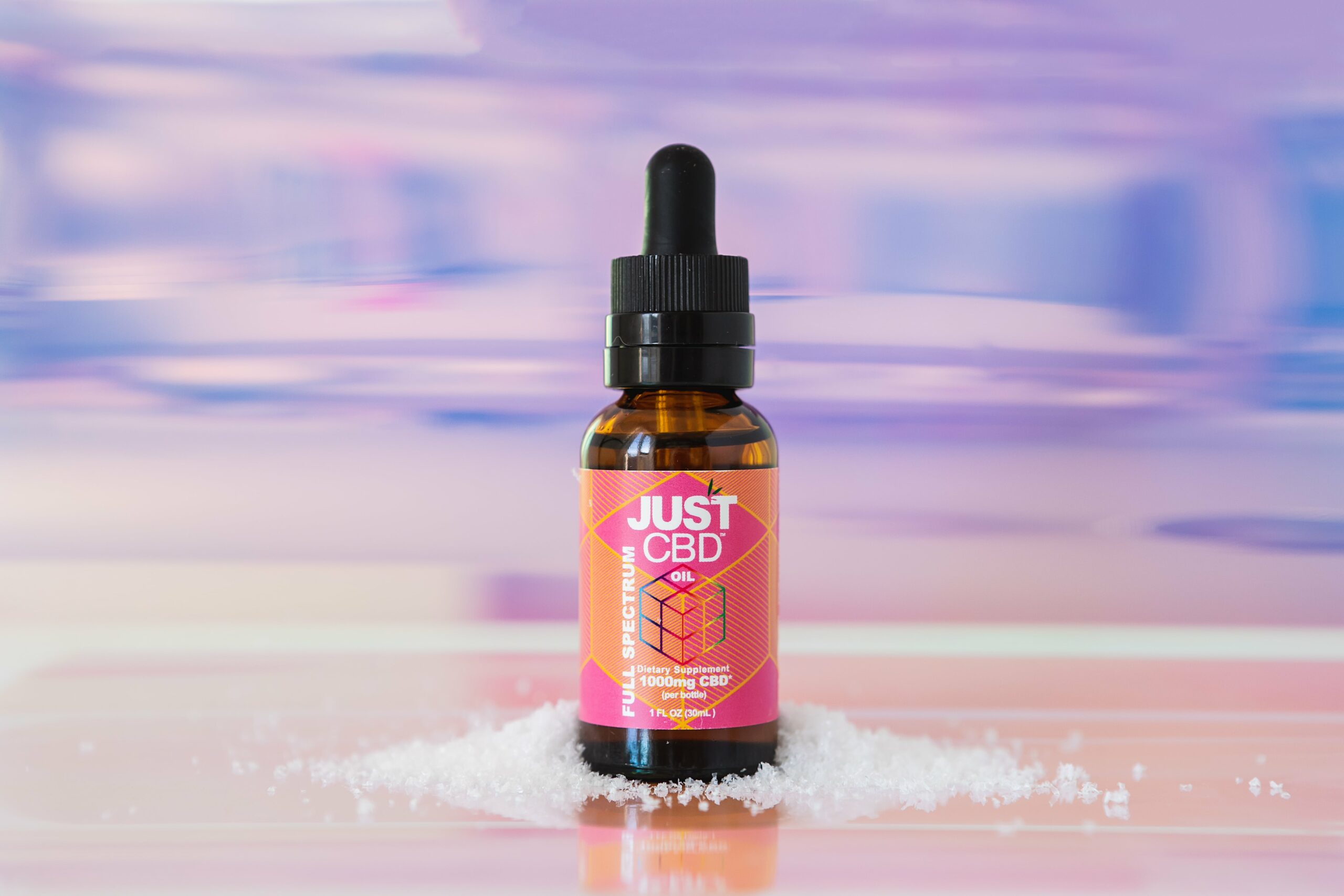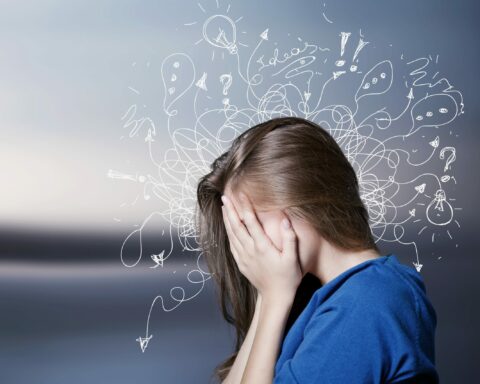Anxiety is a normal body reaction towards events that induce stress in individuals. Anxiety can be beneficial in some instances. It causes alertness towards danger and can help one prepare and pay attention to danger. However, anxiety disorder is a mental disorder that causes excessive worry, fear, and nervousness enough to interfere with daily activities. Anxiety disorders are a common mental issue among adults. Common anxiety disorders include generalized anxiety disorder, panic disorder, different phobias, agoraphobia, social anxiety disorder, and separation anxiety disorder. The causes of these anxiety disorders are unknown because they are caused by several factors relating to genetic makeup, environmental, psychological, and developmental issues.
Can CBD Treat Anxiety Disorders?
Cannabidiol, CBD, is a chemical compound belonging to a group of phytocannabinoids in cannabis plants. It is mainly obtained from cannabis plants through various extraction methods, such as carbon dioxide extraction, solvent extraction, and steam distillation. Scientific research carried out in 2015 by National Center for Biotechnology Information, NCBI, 2015 conclusively suggests that CBD is effective against multiple disorders such as Post Traumatic Stress Disorder (PTSD), General Anxiety Disorder (GAD), Obsessive-Compulsive Disorder (OCD), and Social Anxiety Disorder (SAD).
Scientific Research and Clinical Trials On CBD and Anxiety
The research analyzed evidence from preclinical, human experimental, clinical, and epidemiological studies to identify CBD’s potential as a treatment for anxiety-related diseases. When CBD is induced in small doses, preclinical evidence strongly supports it as a treatment for GAD, SAD, OCD, and PTSD. An in-depth review of CBD found a diverse pharmacological interaction with various receptors involved in fear and anxiety, including the cannabinoid type 1 receptor, serotonin 5-HT1A receptor, and the transient receptor potential. CBD may also influence the peroxisome proliferator-activated receptor and orphan G-protein-coupled receptor. According to the research, CBD reduced the immediate increase in heart rate and blood pressure caused by restraint stress. It delayed the effects of stress partly through activation of 5-HT1AR receptors. Evidence from human studies strongly supports CBD’s potential as a treatment for anxiety-related disorders. CBD reduces experimentally induced anxiety in healthy controls without affecting the normal anxiety levels. It reduces anxiety in patients with SAD at oral doses ranging from 300 to 600 milligrams. However, there are limited results in healthy subjects orting CBD’s efficacy in enhancing fear extinction in short-term periods. Neuroimaging findings give evidence of neurobiological targets that may underpin CBD’s calming effects, including lower amygdala activation and altered medial prefrontal amygdala connections. Present findings are hampered by small sample sizes and a lack of independent replication.
How To Relieve Anxiety With CBD
Currently, clinical trials are still underway to come up with a standardized dosage for CBD products. CBD products come in different forms and are administered differently. This range of administrations implies that different forms of administered CBD take different periods to take effect on the body. In addition, the concentration of CBD affects the period taken to be effective. CBD may be administered through CBD oils, sublingual sprays, capsules, edibles, and vaporized oil or cannabis flowers. When CBD is administered orally, it takes between 30 minutes to 2 hours for its effects to be experienced. Smoking or vaping CBD oils results in immediate effects. This form of administration is recommended when users need immediate results, especially in stressful conditions such as public addresses. CBD balms, lotions, and ointments generally take 16 to 30 minutes to work.
Scientific Research On the Effects Of CBD As a Pain Reliever
A study carried out by the National Center for Biotechnology Information, NCBI, in 2006, aimed to research cannabinoid analgesia via the endocannabinoid system and other non-receptor mechanisms. In clinical trials, cannabinoid analgesics were well tolerated, with tolerable adverse event profiles. According to the study, CBD can be used as an alternative for the pharmaceutical treatment of pain. The recent development of Sativex, a cannabis-derived oromucosal spray containing equal amounts of THC and CBD, was approved in Canada in 2005 to treat central neuropathic pain in multiple sclerosis in multiple sclerosis. In 2007 it was approved for intractable cancer pain.
How To Relieve Pain Using CBD
When choosing a CBD product to relieve pain, it is important to evaluate personal preferences and one that offers the quickest and most effective experience. Also, consumers should consider the CBD concentrations as this may affect the product’s overall effectiveness. CBD products or pain relief come in various forms such as oils, capsules, topicals, and unique products like bath bombs, drinks, and dried fruits. CBD oils applied on the skin are popular because they offer fast and long-lasting relief. These oils may also be ingested sublingually. CBD edible gummies are preferred over sublingual as they have a great taste and require no special dosing. For muscle pains and joint aches, CBD topicals have proven effective. Topicals include lotions, ointments, and balms applied directly to the skin to minimize pain. However, one should note that CBD topicals are often made with menthol or capsicum for further relief, and they should take precautions for allergies.
Conclusion
Clinical investigations have indicated that CBD products can help with anxiety disorders like PTSD, GAD, OCD, and SAD. Despite its effectiveness, the field requires more investigation because prior studies were constrained by jurisdictions and sample sizes. Consumers should seek medical advice before using CBD products for anxiety or pain. Also, the THC concentrations should not exceed the 0.3 % legal limit.
- Is Mushroom Coffee Worth the Hype? An Expert’s Take - April 19, 2024
- Missionary Position – Least Likely To Bring You To Climax - April 7, 2023
- Vibrators could put you in Jail - March 31, 2023









